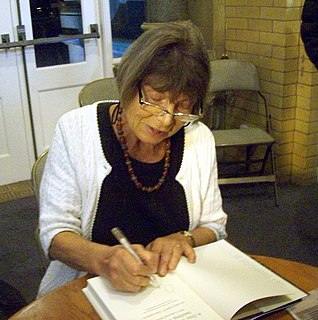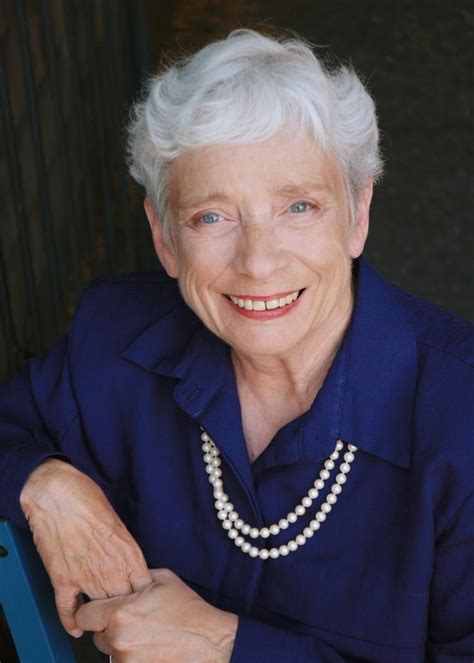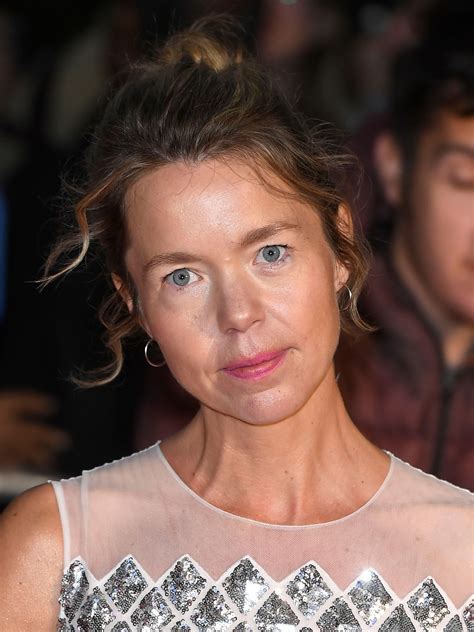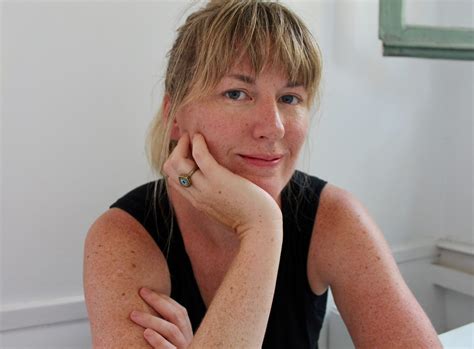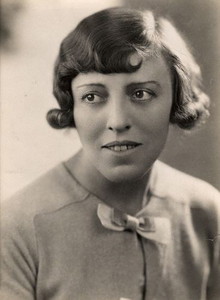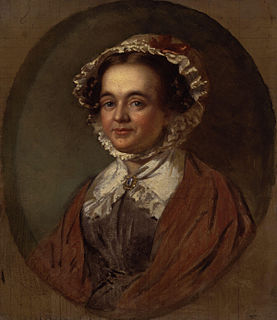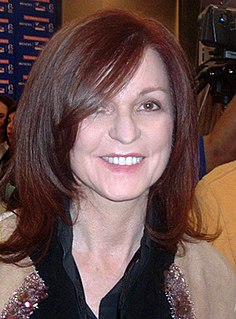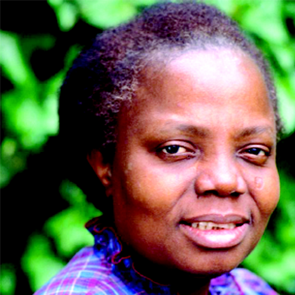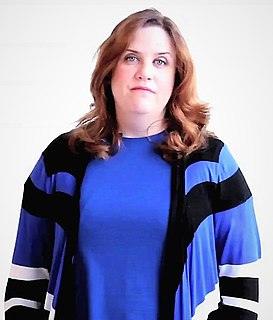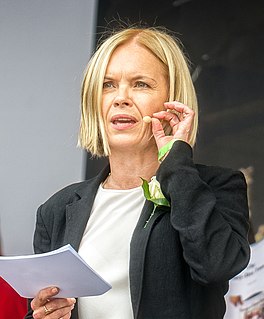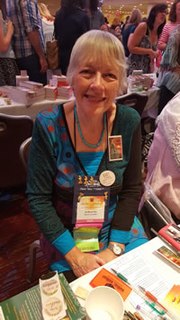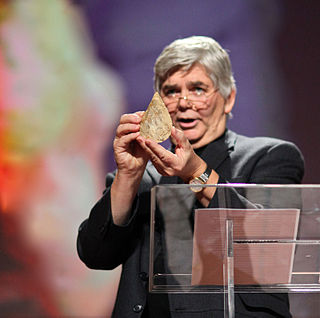Top 193 Austen Quotes & Sayings - Page 3
Explore popular Austen quotes.
Last updated on December 22, 2024.
No good writer ever merely cheered us up. But there's an unblinking stare into the darkness of things we have to go elsewhere to find. Jane Austen was made of strong stuff. She was too satiric for D. H. Lawrence's taste and too unforgiving for Kingsley Amis's, but you would still not call her hellish.
They're always such alive females. And also, all those love stories - no man in Austen has ever fallen in love with a female heroine because she's pretty or beautiful or has long, blonde hair. They fall in love with them because of who they are, because of their vibrancy and their intelligence and if only we were teaching that a bit more in schools.
With impeccable prose, dry wit, and uncommon wisdom, Ted Thompson brings to life one family's painful disappointments and powerful resilience. The Land of Steady Habits combines Austen's shrewd mastery of domestic economics with Updike's compassion for the melancholy commuter to make something elegant, fresh, and brilliant.
It has been suggested that Tiptree is female, a theory that I find absurd, for there is to me something ineluctably masculine about Tiptree’s writing. I don’t think the novels of Jane Austen could have been written by a man nor the stories of Ernest Hemingway by a woman, and in the same way I believe the author of the James Tiptree stories is male.
I am at a loss to understand why people hold Miss Austen's novels at so high a rate, which seem to me vulgar in tone, sterile in artistic invention, imprisoned in their wretched conventions of English society, without genius, wit, or knowledge of the world. Never was life so pinched and narrow. ... All that interests in any character [is this]: has he (or she) the money to marry with? ... Suicide is more respectable.
For [Jane Austen and the readers of Pride and Prejudice], as for Mr. Darcy, [Elizabeth Bennett's] solitary walks express the independence that literally takes the heroine out of the social sphere of the houses and their inhabitants, into a larger, lonelier world where she is free to think: walking articulates both physical and mental freedom.
I looked at the world of books and just went, Oh my gosh, if I'm writing novels, I'm on the same shelves as Jane Austen and Charles Dickens and Petronius - whereas with comics, they've only been doing them for a hundred years, and there's stuff that nobody's done before. I think I'll go off and do some of the stuff no one's ever done before.
Anyone who has the temerity to write about Jane Austen is aware of [two] facts: first, that of all great writers she is the most difficult to catch in the act of greatness; second, that there are twenty-five elderly gentlemen living in the neighbourhood of London who resent any slight upon her genius as if it were an insult to the chastity of their aunts.
So perhaps the correct conclusion is that Green was less attuned to how people sound when they speak - the actual words and expressions they employ - than to what they mean. This notion of dialogue as a pure expression of character that...transcends the specifics of time and place may be partly why the conversations in the works of writers such as Austen and Bronte often sound fresh and astonishingly contemporary.
How is it that, a full two centuries after Jane Austen finished her manuscript, we come to the world of Pride and Prejudice and find ourselves transcending customs, strictures, time, mores, to arrive at a place that educates, amuses, and enthralls us? It is a miracle. We read in bed because reading is halfway between life and dreaming, our own consciousness in someone else's mind.
She had lolled about for three years at Girton with the kind of books she could equally have read at home--Jane Austen, Dickens, Conrad, all in the library downstairs, in complete sets. How had that pursuit, reading the novels that others took as their leisure, let her think she was superior to anyone else?
My personal view is that reading has to be balanced. Obviously, there's a certain amount of reading that we have to do academically to continue to learn and to grow, but it's got to be balanced with fun and with elective reading. Whether that's comic books or Jane Austen, if it makes you excited about reading, that's what matters.
What I'd love to do would be to bring a person from the past to me. In that case I'd pick Jane Austen, because I'd like to know what really made her tick. It's my opinion that she was inhibited by her family and a desire to do the right thing. Away from all that, I believe she'd show new facets and enjoy the adventure.
I was in Los Angeles making 'Dead Again' and the producer, Lindsay Doran , asked me if I'd be interested in adapting this book, .. Austen is my favorite author and I thought, 'Well, of course, I'd be very interested, but I don't know how. I don't know where to start, A, writing a screenplay and B, sort of adapting it from a great novel.





